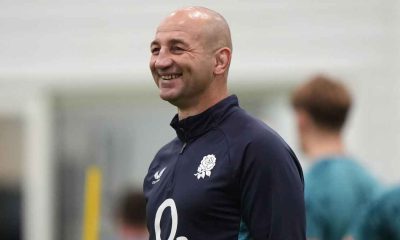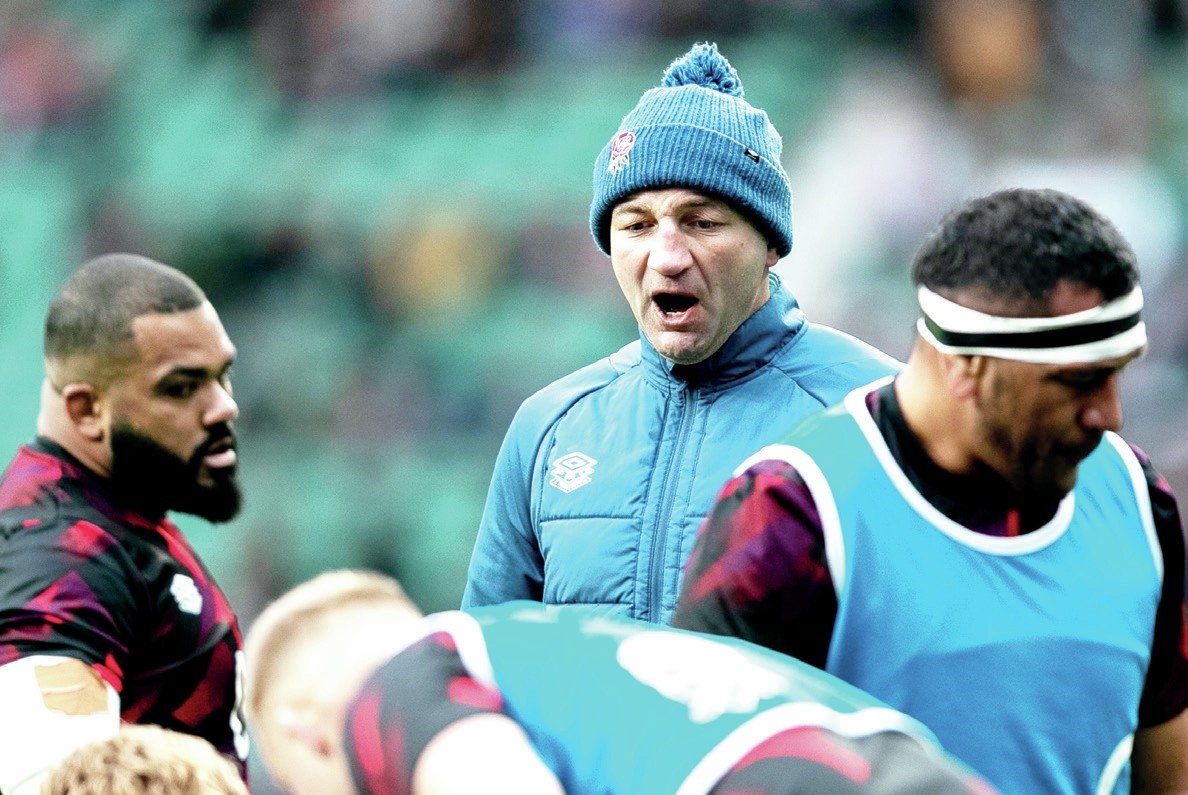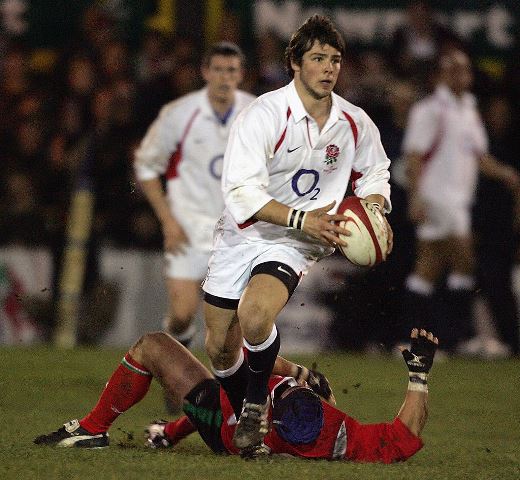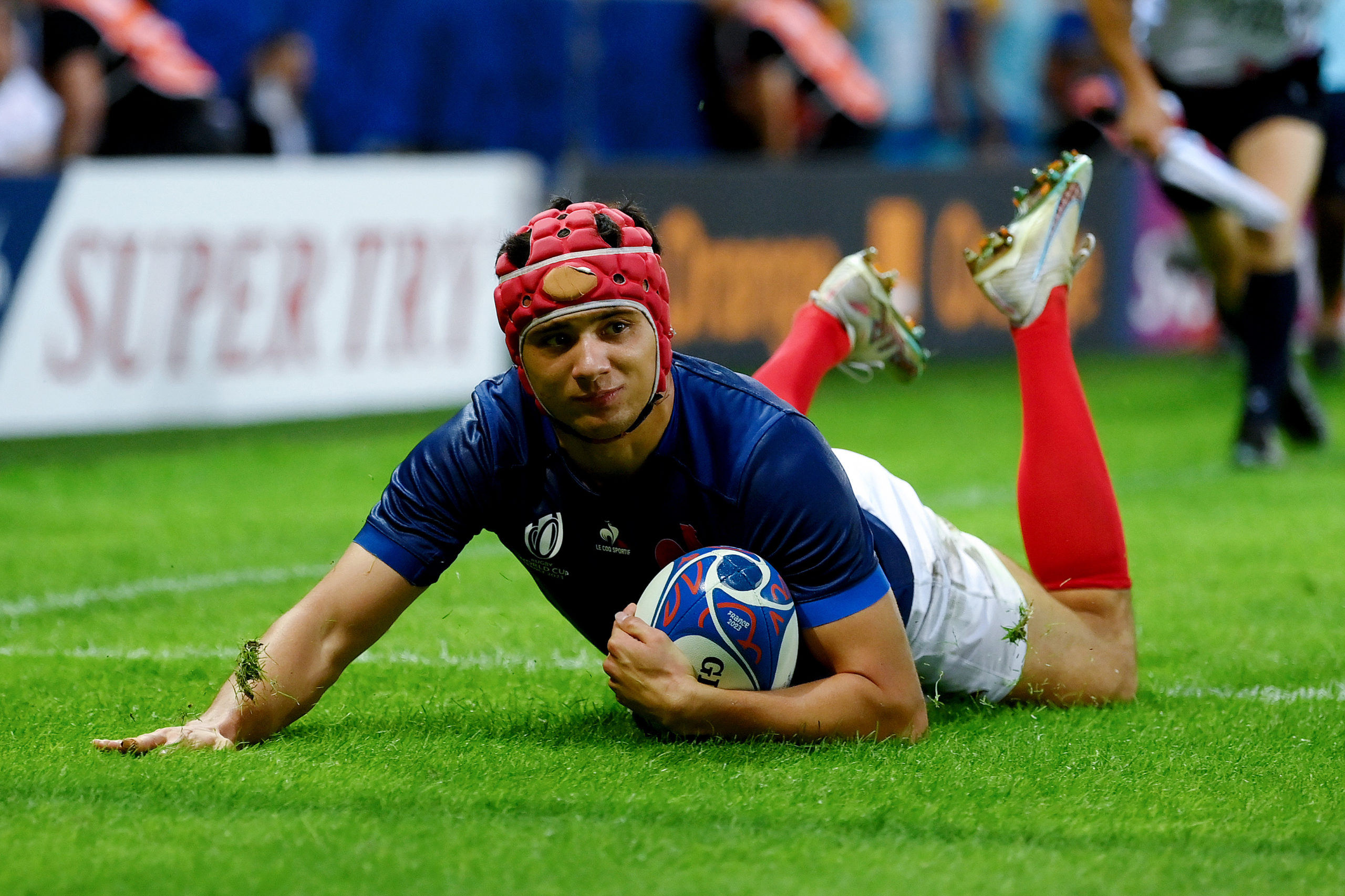Nick Cain
England missing that killer instinct
More in Nick Cain
-


Nick Cain: We don’t want these front row giants
It is dire news when a player is forced to retire due to health...
-


Nick Cain: England must ditch the hype and make history
The Six Nations decision to play this season’s tournament opener between reigning champions France...
-


Nick Cain: The Grand Slam is within reach for England
Steve Borthwick’s ship is steady as she goes as England focus on winning a...
-


Nick Cain: Mark McCall’s record is tough to beat
Mark McCall’s decision to step down as Saracens director of rugby after this season...























